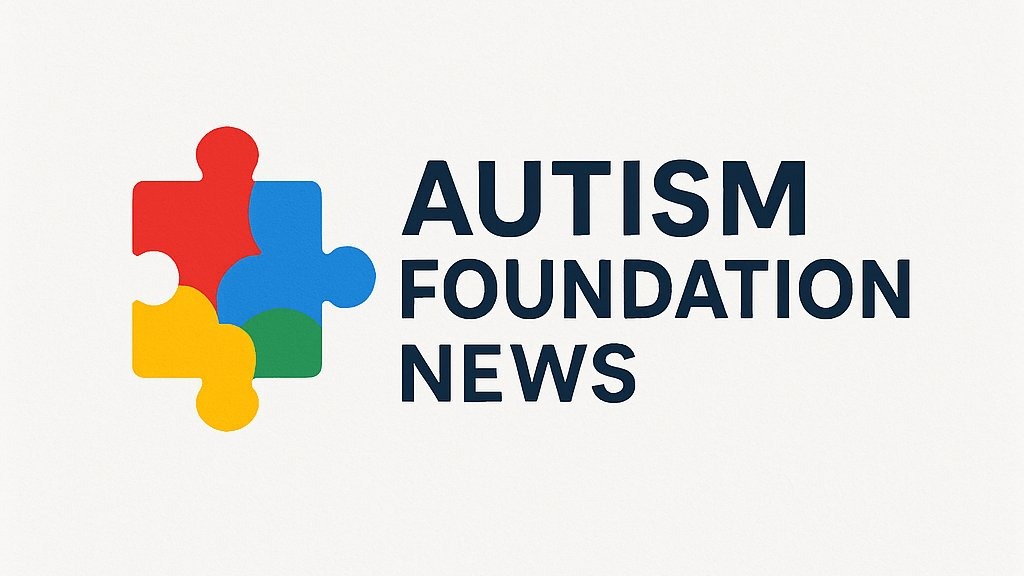
Understanding the Impact of Cultural Heritage on Nutrition
Nutrition is not a one-size-fits-all concept; it is deeply intertwined with cultural heritage and traditions. For individuals with autism, dietary choices can significantly affect behavior and well-being. Recognizing the unique dietary patterns among Hispanic and Latino communities is essential for healthcare providers, caregivers, and family members in promoting health and wellness. In honor of Hispanic Heritage Month, we explore how traditional foods and contemporary dietary patterns affect the health of these communities.
The Role of Traditional Diets in Health
Traditional diets have long been linked to better health outcomes. Research from the Hispanic Community Health Study highlights how diets rich in fish, beans, and other culturally relevant foods can positively impact health. However, dietary changes often follow migration patterns, with increased consumption of fast foods leading to health challenges. For families managing autism, understanding these patterns can help in making informed dietary choices that better support their loved ones’ unique needs.
Research Insights: Dietary Patterns Among Hispanics
Studies reveal that dietary patterns among Hispanics vary significantly based on heritage and years lived in the U.S. For instance, traditional diets heavy in “White Rice, Beans, & Red Meats” are positively associated with health outcomes among specific groups, such as those from Mexican and Central American backgrounds. However, the shift toward consuming more “Burgers, Fries, & Soft Drinks” correlates with adverse health indicators. Understanding these trends enables caregivers to better navigate dietary choices for individuals with autism.
Leveraging Nutrition Research to Inform Dietary Choices
As dietary recommendations increasingly reflect cultural diversity, it's paramount to include traditional foods in meal planning for special dietary needs. Incorporating elements of Hispanic diets—such as legumes, corn, and a variety of vegetables—can enhance nutrition while being culturally respectful and satisfying for individuals with autism. The fusion of traditional and modern dietary approaches can create a balanced and enjoyable eating experience.
Empowerment Through Knowledge
A greater understanding of how heritage influences dietary practices creates opportunities for tailored nutritional interventions. Utilizing resources such as community workshops and culturally relevant nutrition education can empower families. Parents and caregivers can play an active role in selecting foods that not only honor cultural roots but also align with the developmental and health needs of their loved ones.
Final Thoughts: A Call to Action
As we celebrate Hispanic Heritage Month, let's honor the rich culinary traditions that offer both cultural significance and nutritional benefits. By emphasizing educational resources and culturally tailored dietary interventions, we can significantly improve the quality of life for individuals with autism. It’s time to advocate for dietary practices that reflect the beauty of diverse backgrounds while fostering a healthier future. Together, we can create a nurturing environment that supports health through informed nutrition.
 Add Row
Add Row  Add
Add 




Write A Comment